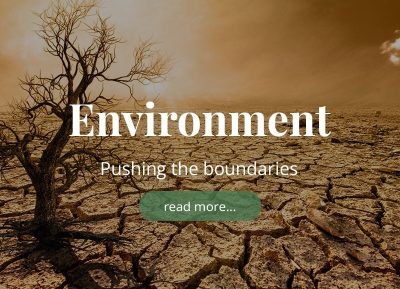How Society is Crossing Lines of Climate Crisis

During a speech in London this past April, UN Climate Change Executive Secretary Simon Stiell gave a stark warning. It was his analysis that the world has only two years left to put a stop to the damage being done to the health of society, the environment and the world economy. (link to the speech below). Regardless of your opinion about the timeline, this is a very real crisis and we seem frozen and unable to respond.
No previous species of plant or animal has ever had the awesome power to break the balance of nature. Humanity claims to be at the pinnacle of evolution with immense intellect yet our actions do not reflect it. There is no denying that we possess many unique gifts and have developed an impressive list of skills. We worship our cleverness and the data we have collected and the technologies we have manufactured. But we have obviously not acquired wisdom.
According to the Stockholm Resilience Centre in Sweden we have already exceeded the danger boundaries of ecological collapse. These boundaries were first proposed in 2009 by a group of 28 internationally renowned scientists. They identified nine ecological boundaries that if crossed risk generating drastic and perhaps irreversible collapse. In their 2024 report, they show that six of these thresholds have been crossed.
Those six boundaries of danger are:
- Changes in fresh water sources
- Changes in land use
- Changes in climate patterns
- Increases in chemical pollution
- Excesses of nitrogen in farming
- Biodiversity loss
Each of these issues dramatically challenge environmental integrity and are difficult or impossible to claw back.
The good news is that the damage can be stopped by one simple act. We need to stop animal agriculture in its tracks. The main driver in all these boundaries is the raising of animals and fish for meat, eggs or dairy. This includes the monocropping of farmland, the chemical runoff of animal waste, the expansion of land to feed more animals and the use of ocean fish farms that pollute and spread disease.
Simply cutting back on animal-sourced food, Meatless Mondays or “mostly vegan” are not thoughtful responses. Anyone who is still using animal products and claims to love the planet needs to think again. This is not a time for holding onto the habit of eating food that is killing the earth. This is the time to live a life of commitment for all of life and help others do the same. Please check out both links below.
Two Years Left To Save The World
In good health


